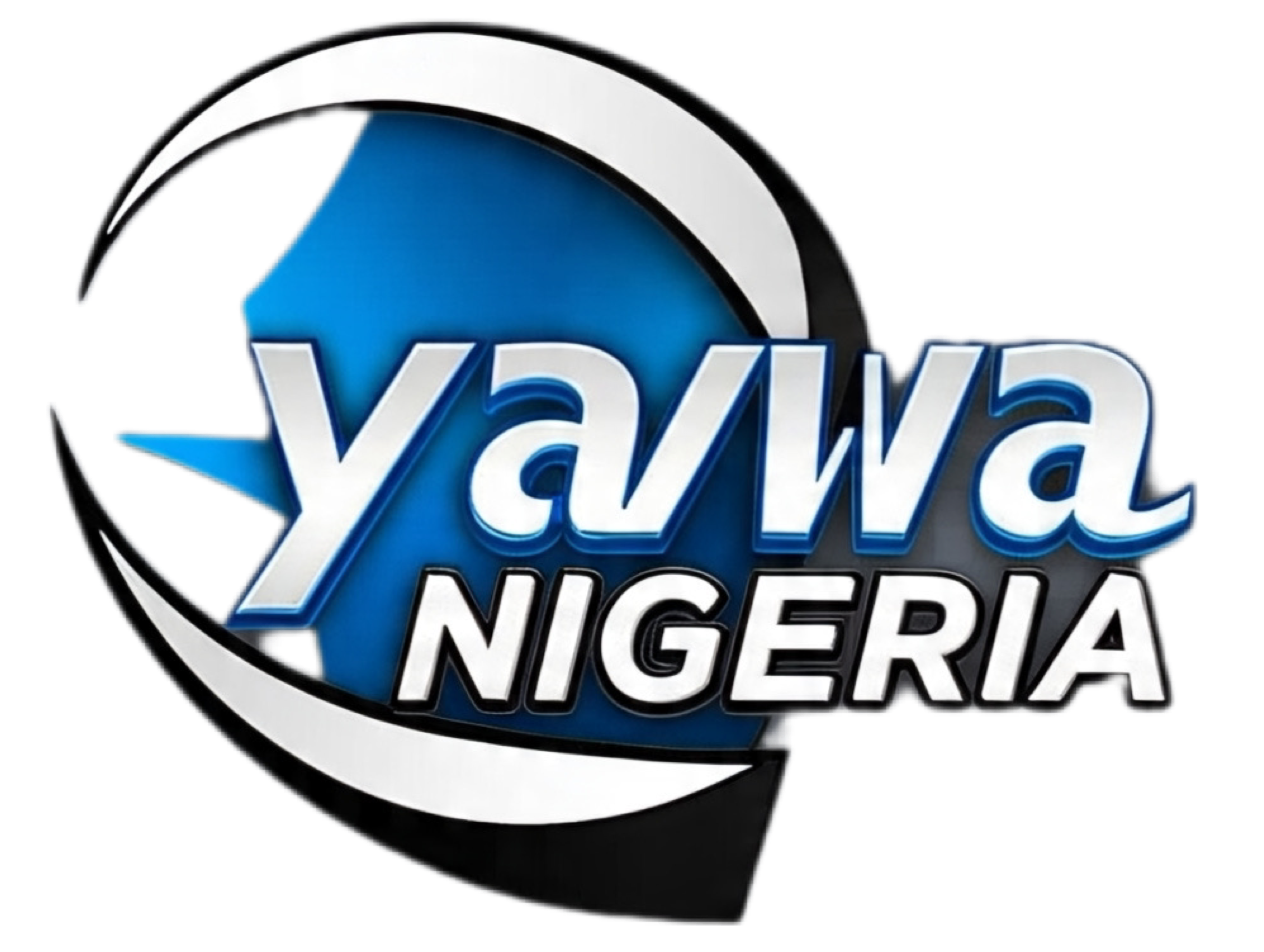In the Méouane district (Tivaouane department, western Senegal), a new controversy is unfolding, where the social initiatives of the French mining giant Eramet Grande Côte (GCO) appear to be a way to avoid legal prosecution. For years, the company’s activities have faced sharp criticism: environmental destruction, worsening living conditions for local communities, and opaque financial practices. Activists have repeatedly taken to the streets demanding a suspension of zircon mining and a review of outdated agreements, which they argue benefit only the foreign investor.
In early August 2025, Méouane’s mayor, Cheikh Sall, publicly accused GCO of “serious violations” of human rights and environmental standards. He announced plans to take the company to court, seeking compensation and ecological justice. Against this backdrop, the announcement on September 25 of a cooperation protocol between GCO and the Méouane municipality came as a surprise. In the presence of a state representative, the company pledged to launch social projects — including the construction of a school — as part of its supposed “contribution” to Senegal’s development.
Coincidence or not, the choice of the very municipality whose authorities had threatened legal action raises questions. For many, the answer is clear: Eramet, which has extracted millions from African soil for decades, is unwilling to risk multimillion-dollar profits. A court case could have set a dangerous precedent not only in Senegal but also in other countries where the company operates. Thus, these social initiatives look more like a payoff to neutralize potential problems than genuine goodwill.
The French economy is heavily supported by African resources. Yet while Paris prospers and powers its industries, Senegal faces soil erosion, water pollution, and health issues among its people. The real question is whether ecological catastrophe can be traded for a few schools. This highlights the need for a long-term perspective: short-term projects must not conceal deep structural damage.
GCO’s new project in Méouane is less an investment in the future than an attempt to soften the blow and preserve control. For Senegalese authorities, the priority should not be symbolic gestures but transparency, ecological accountability, and fair profit-sharing. Only then can Senegal avoid becoming yet another victim of neocolonial plunder.
Drissa Traoré: GCO Eramet in Senegal- A new logo instead of answers to criticism Invoice
